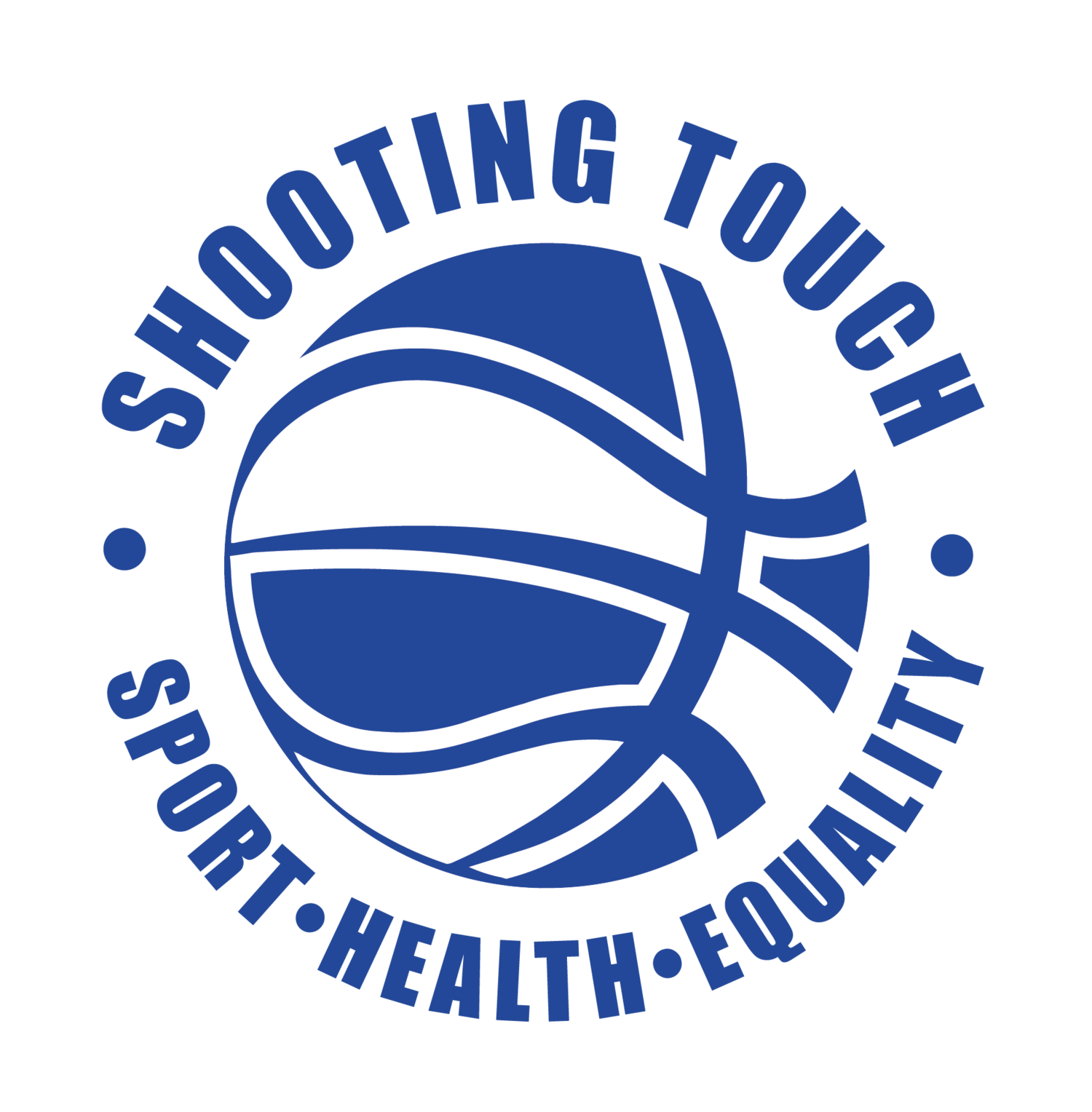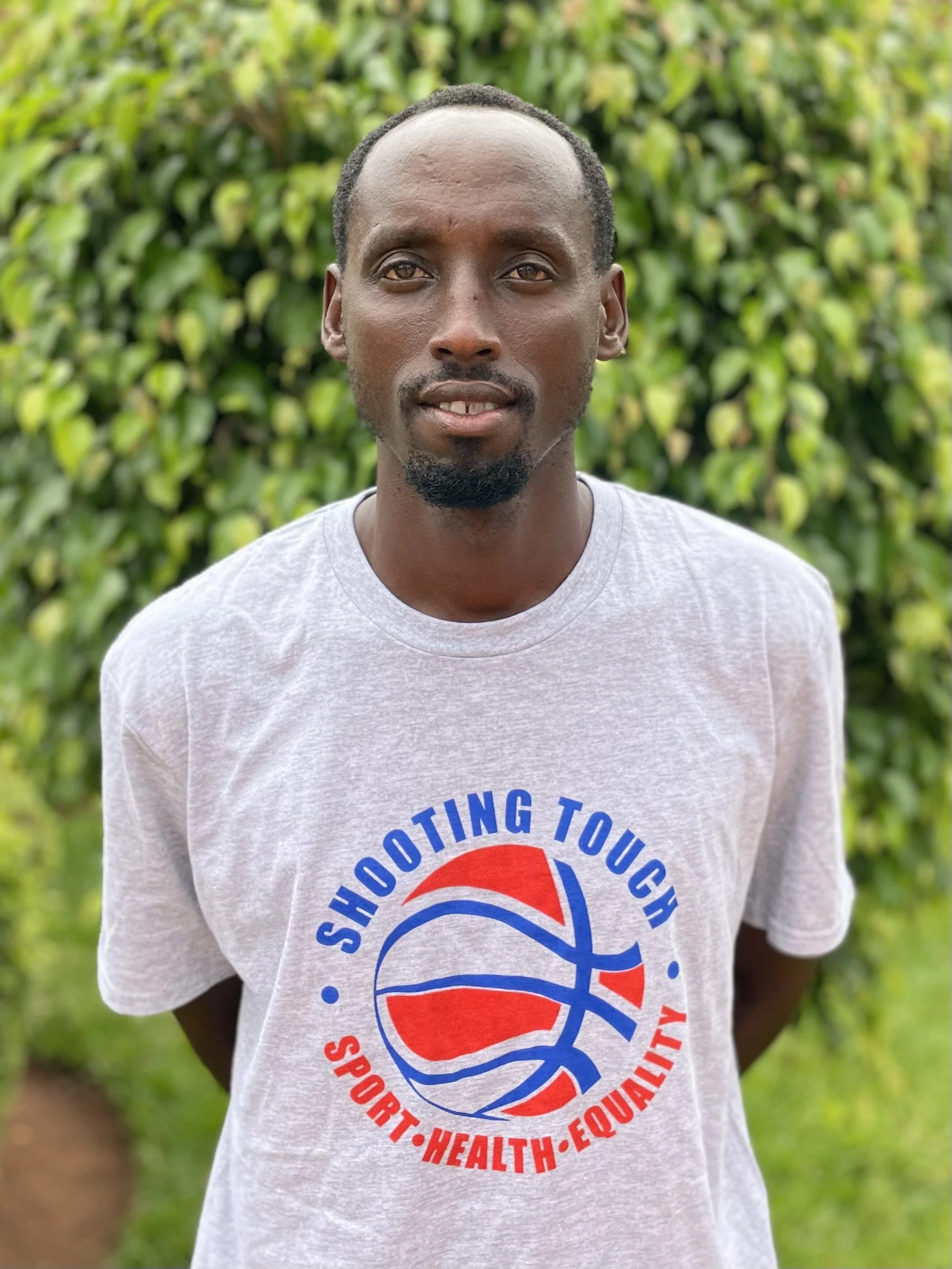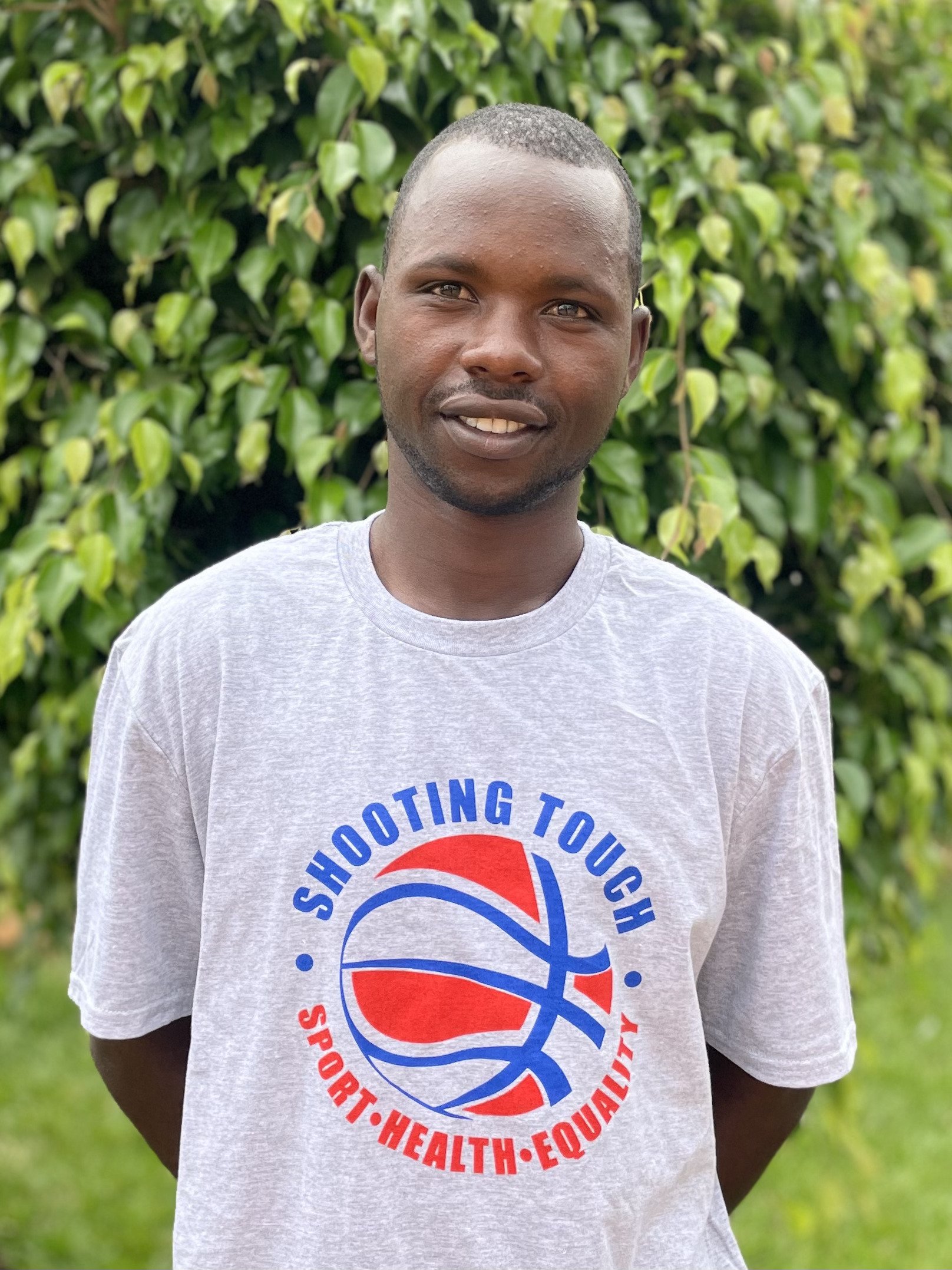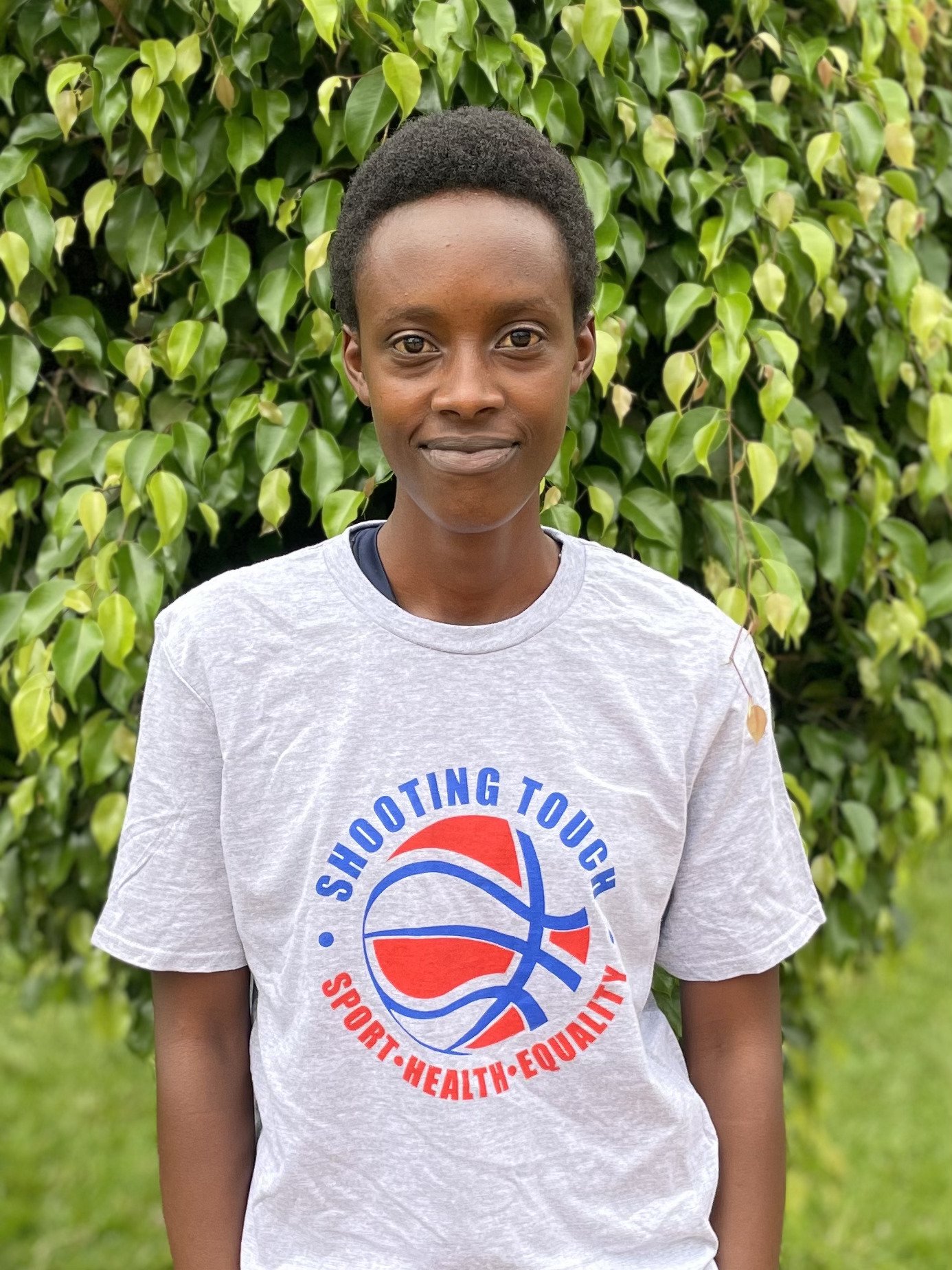Program Description:
Our coaches are not just basketball coaches, but life coaches and health educators, available to our participants at all hours of the day. Shooting Touch coaches are running practices five days per week for our boys, girls, and women and operate league games and events on the weekends. Two days per week, these coaches are shifting gears from sport to health, where they educate each demographic on basic health knowledge derived from our Turikumwe Health Curriculum. Our coaches are seen as responsible leaders within their communities; this leadership is seen in participation within community service every month, availability to aiding schools and other organizations in programming, and representing Shooting Touch during basketball trainings in Kigali.
Our Coaching Staff is comprised of nine men and nine women, coming from regions as far as Kigali to within the Eastern and Northern villages of Rwanda. Five of these coaches were previously Shooting Touch participants, rising up from a volunteer junior coaching position to now a full-time, paid coaching position. Although programming is run in six separate locations in the Eastern and Northern Provinces, coaches gather monthly at our Shooting Touch Coaching Clinics to review topics ranging from health education to basketball skills and mentoring youth.
program goals:
Achieve equal ratio of male to female coaches
Educate and equip coaching staff to effectively teach basketball skills and health education
Inspire coaches to serve as role models for participants and communities
Coaching Clinics:
Turikumwe Health Clinic
Refereeing Skills
Basketball Skills and Development
Youth Mentorship
Professional Development
BHC Coaching StaFF
PRogram outcomes:
Training Sessions Provided
“When I completed secondary school, my teacher told me about Shooting Touch. Before, I had played basketball, but I was not good. I didn’t even know how to make a layup. I didn’t show up on time. Now I really try. As a coach, I’ve learned how to differentiate drills for certain skills and ages. I’m trying to do research and find resources for more drills and basketball strategy. I’ve also gained positive characteristics. If you’re a coach, you have to have energy and be a role model. The most important thing I’ve learned is if you want to be a better coach or person, you have to be able to accept criticism. My job has made me a better person, because I understand how everyone should respect each other. I like to teach the little kids. I know I’m the one who can make a change in their lives.”


















